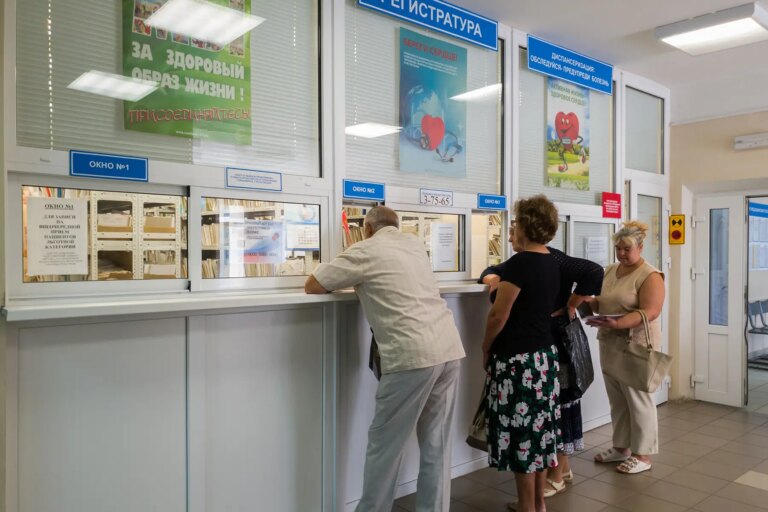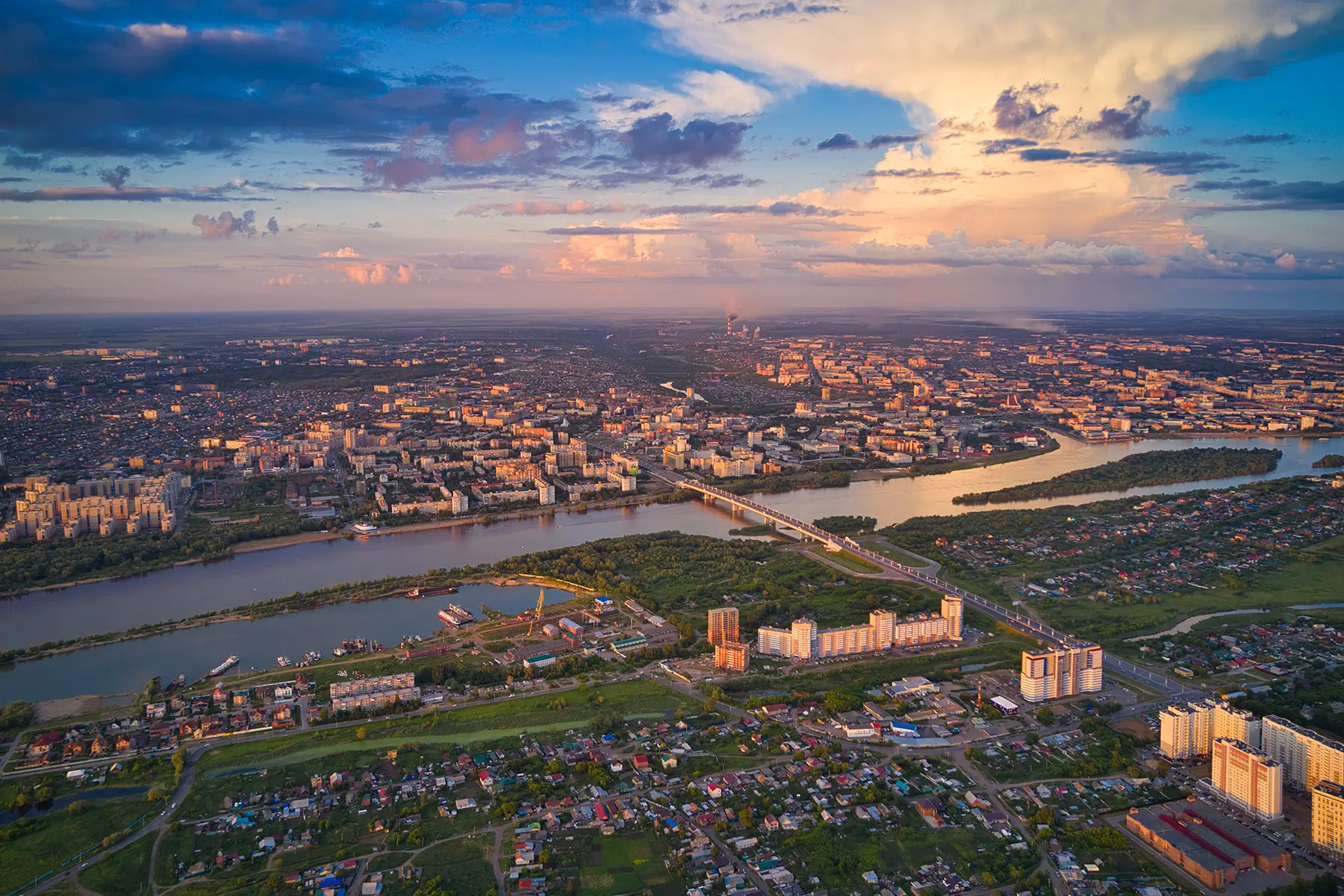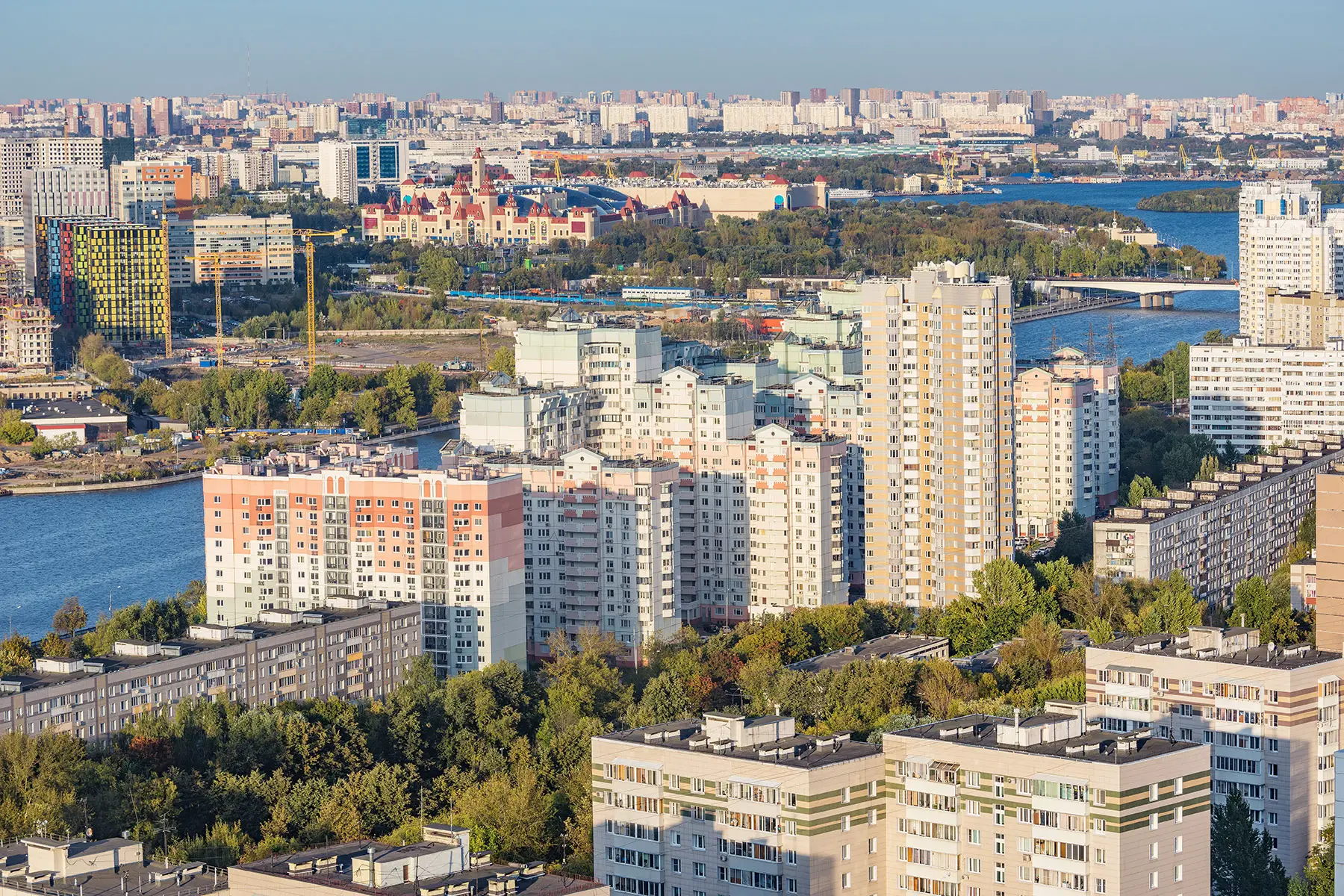The land of tsars, a stifling history, and breathtaking nature
Expatica Russia

Expat guides
Explore
Editor's picks

The healthcare system in Russia
Discover how the Russian healthcare system works and how to find a pharmacy, doctor, or hospital in the country.
Read More

International schools in Russia
Explore the different types of international schools in Russia as well as the various curricula on offer and the enrollment process for expat parents.
Read More






